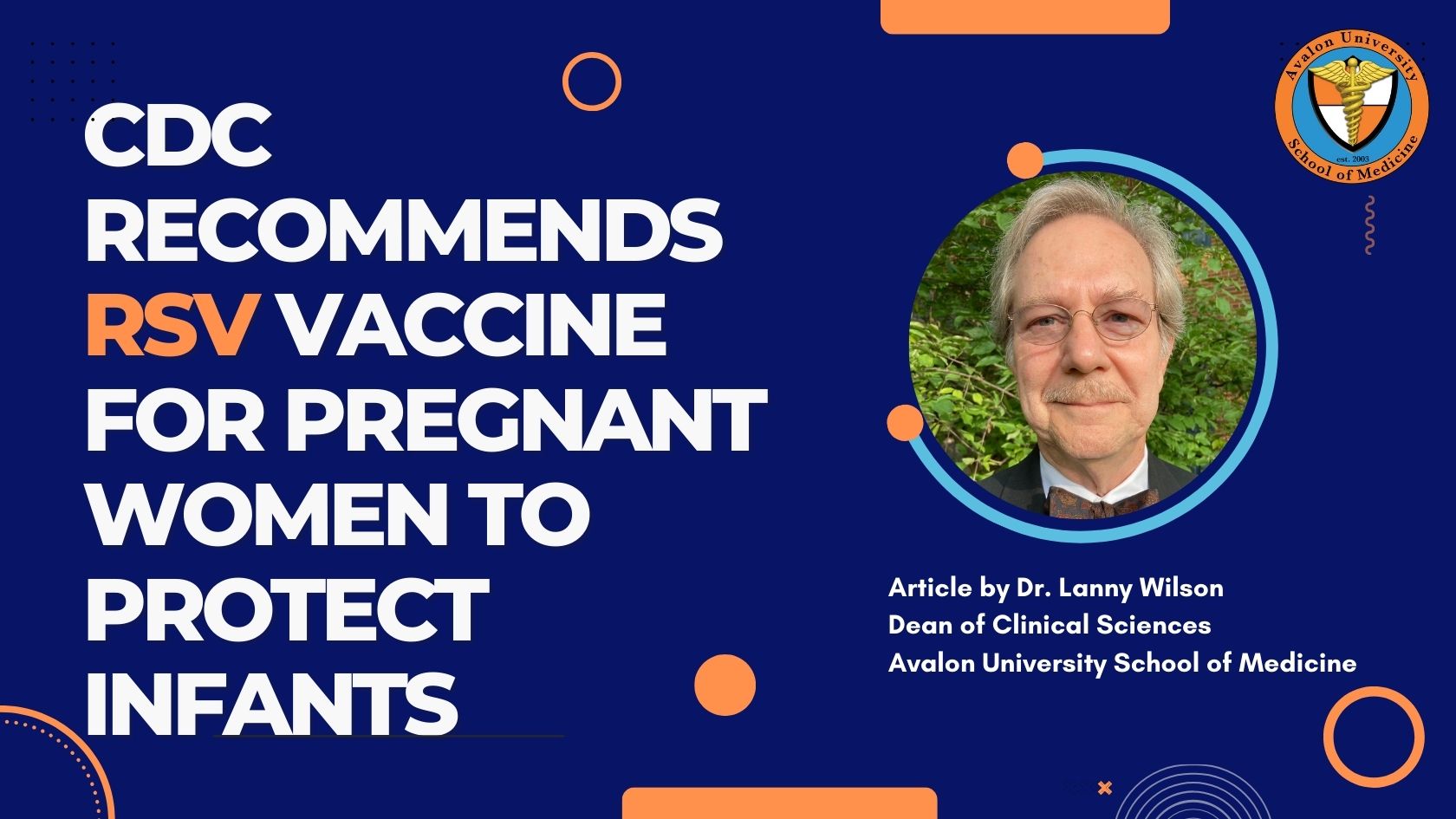CDC Recommends RSV Vaccine for Pregnant Women to Protect Infants
Respiratory Syncytial Virus (RSV) is a common respiratory virus that usually causes mild, cold-like symptoms. Most people recover in a week or two, but RSV can be serious. Infants and older adults are more likely to develop severe RSV and need hospitalization. Severe forms of RSV can lead to death if not appropriately treated. Earlier this year, the Food and Drug Administration (FDA) approved the first-ever vaccine for prevention of RSV.
On September 22nd, 2023, Federal Regulators recommended that expectant mothers receive an RSV vaccine to protect their newborns from the potentially deadly respiratory disease. A Centers for Disease Control and Prevention (CDC) advisory panel has recommended the vaccine for people who are between 32 and 36 weeks pregnant and who will give birth during the fall and winter, when RSV cases usually spike. The CDC recommendation came after a panel of advisers voted 11 to 1 to recommend the shot.
The vaccine works by stimulating the vaccinated person to develop virus-fighting antibodies. In the case of moms-to-be, those virus-fighting antibodies pass through the placenta to the unborn baby. It is estimated that the protection likely drops after the infant is 6 months of age, so the shot is for use between September and January in most of the United States, to coincide with the time of year when RSV infections tend to be most common.
The American College of Obstetricians and Gynecologists (ACOG) released a statement in support of the vaccine from Interim CEO, Christopher Zahn, MD. FACOG, saying “The national and global burden of RSV disease demonstrates how critical it is to prevent this virus in infants. ACOG believes the maternal RSV vaccine is efficacious and it is necessary that parents have this option to protect their newborns from RSV after birth.”

Dr. Lanny Wilson
Dean of Clinical Sciences





